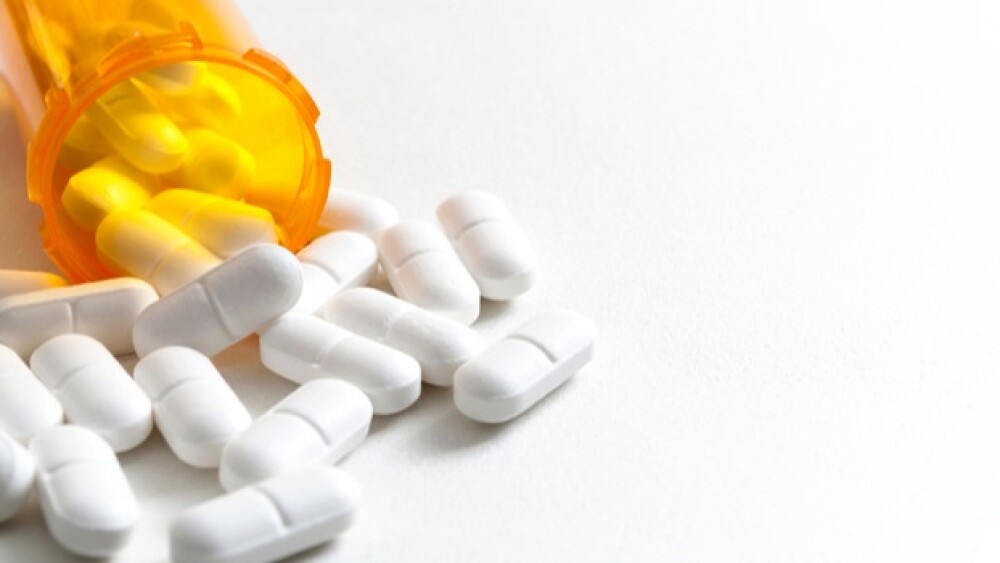AmerisourceBergen, McKesson and Cardinal Health are in the midst of negotiations for a multi-billion settlement over litigation filed against each of the companies for their role in distributing opioid drugs across the country.
Three of the largest drug distributing companies, AmerisourceBergen, McKesson and Cardinal Health are in the midst of negotiations for a multi-billion settlement over litigation filed against each of the companies for their role in distributing opioid drugs across the country.
First reported by the Wall Street Journal, the three companies are embroiled in thousands of lawsuits, much like the manufacturers of opioids have been. According to the reports, the three distributing companies could pay as much as $18 billion over the next 18 years to state and local governments. The negotiations follow multiple settlements made by pharmaceutical companies, including a $12 billion settlement by Purdue Pharma, the maker of OxyContin. The settlements from the distributors are also ahead of a watershed opioid trial set for next week in Ohio that includes some smaller distributing companies, including Walgreens and Henry Schein, as well as drugmaker Teva Pharmaceutical. McKesson, AmerisourceBergen and Cardinal Health were set to take part in the Ohio trial, which begins Monday.
Citing an unnamed source, NPR reported Tuesday that the three distributing companies reached a tentative settlement with some state attorneys general but are aiming at a tentative national settlement.
Johnson & Johnson, which paid out $20 million to two Ohio counties to settle claims against its opioid drugs, could be in discussions to fork over additional monies as part of a settlement, CNBC reported this morning. J&J spokesman Jake Sargent told CNBC that the life sciences giant remains open to options to resolve litigation, including potential settlements.
Other companies have been settling opioid claims as well. Mallinckrodt reached a settlement with the two Ohio counties. Under terms of the agreement, Mallinckrodt will pay $24 million in cash and provide $6 million in generic products, including addiction treatment products. In August, Endo International and its subsidiaries also reached a settlement in Ohio. Under the settlement terms, Endo will pay a total of $10 million and will provide up to $1 million of its Vasostrict and Adrenalin products to the counties.
In July, information from a federal database showed that 76 billion opioid pills were sold in the United States between 2006 and 2012. According to the database, McKesson, Cardinal Health and AmerisourceBergen, along with CVS, Walmart and Walgreens were the six largest distributors of opioid pills. The federal database was maintained by the U.S. Drug Enforcement Agency.
According to an analysis of the database data, the number of opioid pills increased by 51% during that six-year period. The number of pills grew from 8.4 billion pills in 2006 to 12.6 billion in 2012. During that time frame, approximately 100,000 people died from opioid-related overdoses. In 2017, opioids were responsible for the deaths of about 47,000 people in the United States.
The database also showed which companies were responsible for the most pills manufactured during that time. The database that showed three companies that manufactured the most oxycodone and hydrocodone pain pills during that six-year period were U.K.-based Mallinckrodt, Actavis and Par Pharmaceutical, a subsidiary of Endo Pharmaceuticals, which was the first company the U.S.Food and Drug Administration (FDA) asked to remove an opioid product from the marketplace. Purdue Pharmaceuticals, which has become the poster-company of the opioid abuse crisis due to its aggressive marketing tactics, came in fourth on the manufacturing list. The OxyContin maker had about 3 percent of the market during that time.





